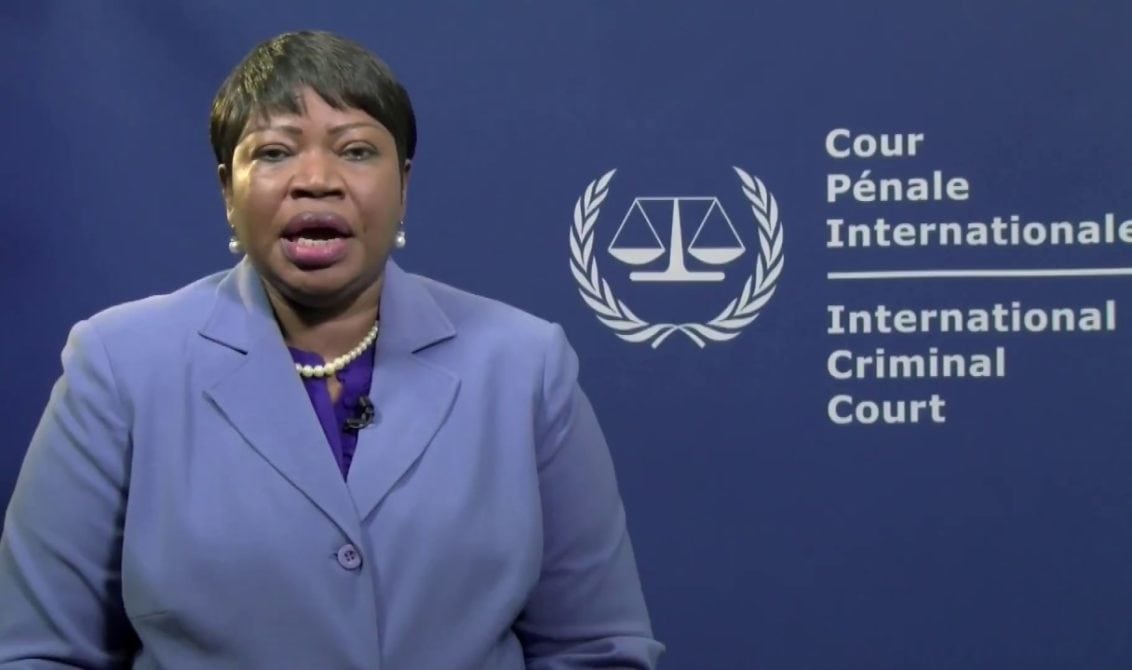Maduro did it again.
This Monday, on the occasion of the International Day for the Eradication of Poverty , he recycled the old and unfulfilled promise of his government and the Bolivarian project: “completely eliminate misery in Venezuela” and, thus, “build a society of equals” .
“In Revolution, ending poverty has been a priority for the State. In the midst of the onslaught of imperialism, we continue to serve the people, and our goal is to completely eradicate misery, to build a society of equals. We are going to make it!” Maduro wrote on his Twitter account.
Nicolás Maduro came to power in April 2013.
In September of that year, he presented to the National Assembly the “Second Socialist Plan for Economic and Social Development of the Nation 2013-2019” known as Plan de la Patria, in which he set out the “Historical, National, Strategic and General Objectives” that would guide their mandate.
The Plan de la Patria had been the electoral offer of the candidate Maduro in 2013, and was unconstitutionally converted into law by the National Assembly of the pro-government majority.
The offer contained goals such as a Human Development Index of 0.800; 15.00% general poverty and 0% extreme poverty for the year 2019.
Maduro’s promises placed average annual inflation at 20% and an average annual growth rate between 3.0% and 4.0%.
official demagoguery
A new version of the Plan de la Patria, presented in 2018 -in the framework of the fraudulent presidential elections called by the national constituent assembly-, took stock of the “achievements” of Maduro’s management.
In the Plan de la Patria 2019-2025 , the ruling party set itself the goal of reaching 0% of extreme poverty due to Unsatisfied Basic Needs, this time, by 2025.
But, conveniently, in 2016, the National Institute of Statistics (INE) stopped publishing poverty figures by Income Line (LN) and only published -until November 2019- the poverty rates in households by Unsatisfied Basic Needs.
Before that year, the INE published both metrics, allowing poverty to be measured from a broader and complementary approach.

Although the measurement of poverty by Unsatisfied Basic Needs allows the structural causes of the phenomenon to be identified, the customary official mythomania sowed doubts about the results of the INE measurements, which are always based on variables and indicators easily adjustable to the official discourse.
The abandonment of poverty measurement by Income Line -in the midst of an inflationary economy-, revealed that the official intention was to hide the real dimensions of the problem.

devastated economy
In economic and social matters, Maduro’s management has been disastrous.
In January 2018, during the annual presentation of his Report and Account before the National Constituent Assembly, Nicolás Maduro stated that poverty in Venezuela stood at 18.1%, while extreme poverty stood at 4.4% at the close of 2017.
But the reality is different. Venezuela has a devastated economy.
In the last eight years, Venezuela has suffered a cumulative drop of 80% of its Gross Domestic Product (GDP), one of the largest contractions recorded in recent decades worldwide and which has caused severe damage to productive capacity.

Maduro’s lousy management led the country -for the first time in its history- to a scenario of hyperinflation that pulverized workers’ salaries and social benefits, ended the savings and aspirations of social mobility of hundreds of thousands of families, collapsed consumption and demolished the national currency.
The drop in income placed the majority of Venezuelan workers in a situation of extreme monetary poverty.
The current minimum wage for a Venezuelan worker is equivalent to about $0.70 a day, well below the standard stipulated by the World Bank of $1.90 a day to consider a person living in poverty.
In 2020, the “Global Report on Food Crises – 2020” , published by the Global Network against Food Crises and the Information Network on Food Security -and in which the United Nations World Food Program (WFP) participated, under invitation from the Maduro government-; indicated that 26.3 million Venezuelans suffered from some degree of food insecurity in 2019.
Families in Venezuela face severe deprivation that limits their human development and compromises their ability to achieve an adequate standard of living.
Schooling or the continuation of studies are issues under discussion, since the precarious family income is barely enough -in the best of cases- to eat.

“A society of equals”
Between 2012 and 2017, Venezuela fell sixteen places in the global Human Development Index (HDI), as revealed in 2018 by the United Nations Development Program (UNDP) in its report corresponding to the data collected up to the year 2017.
Venezuela was ranked 78th out of 189 countries analyzed by the organization, and in 8th place among Latin American countries, in a list led by Chile with the highest rate in the region, and closed by Haiti -in 168th place. global-, with the lowest HDI on the continent.
The UNDP report warned that the setback experienced by Venezuela was one of the greatest in the indicator that reflects national achievements in terms of health, education and income level.
“Only Syria, Libya and Yemen, three countries with prolonged conflicts, have lost more jobs,” the agency warned at the time.
According to the UNDP, the per capita income of Venezuelans fell by around 57.4% between 1990 and 2019.

« The HDI of the Bolivarian Republic of Venezuela in 2019 is 0.711. However, once inequality is discounted, the value of the index falls to 0.588, which implies a loss of 17.3% due to the inequality in the distribution of the indicators of the different dimensions of the HDI “, described the 2020 report on Index of Human Development of the United Nations Development Program (UNDP)
The abrupt drop in the HDI coincided with the arrival of Nicolás Maduro to power and with the rise of other negative indicators in terms of Human Rights.
According to data from the National Survey of Living Conditions (ENCOVI), Venezuela is the most unequal country in the Americas, with a Gini coefficient indicator of 56.7, at the end of 2021.
“In 2020, Brazil had a Gini coefficient of 53.4 and Colombia of 51.2 – the highest indicators of that period – while for Venezuela it was 49.5 and the country was in fourth place, with Panama in third (49.8)” , he pointed out. Luis Pedro España, sociologist and collaborator of the initiative.
In today’s Venezuela, the growth of inequality and the extinction of social mobility are the main consequences of the indolence and deliberate impoverishment of the population.
The commitments assumed by the Venezuelan State in the 2004 Declaration of Nuevo León, aimed at seeking sustained and equitable economic growth “ that contributes to long-term development, reduces poverty, eliminates hunger and raises the living standards of the population”, have become a dead letter.




